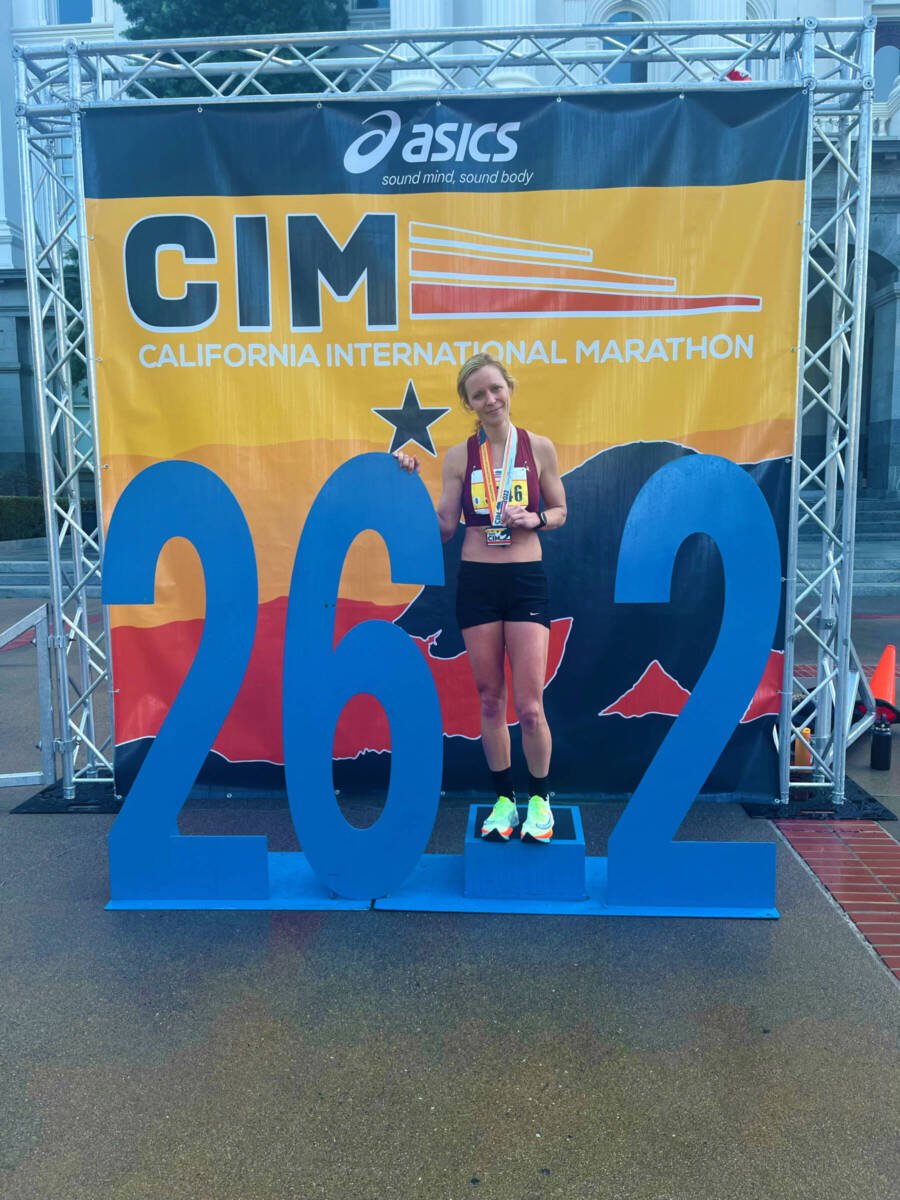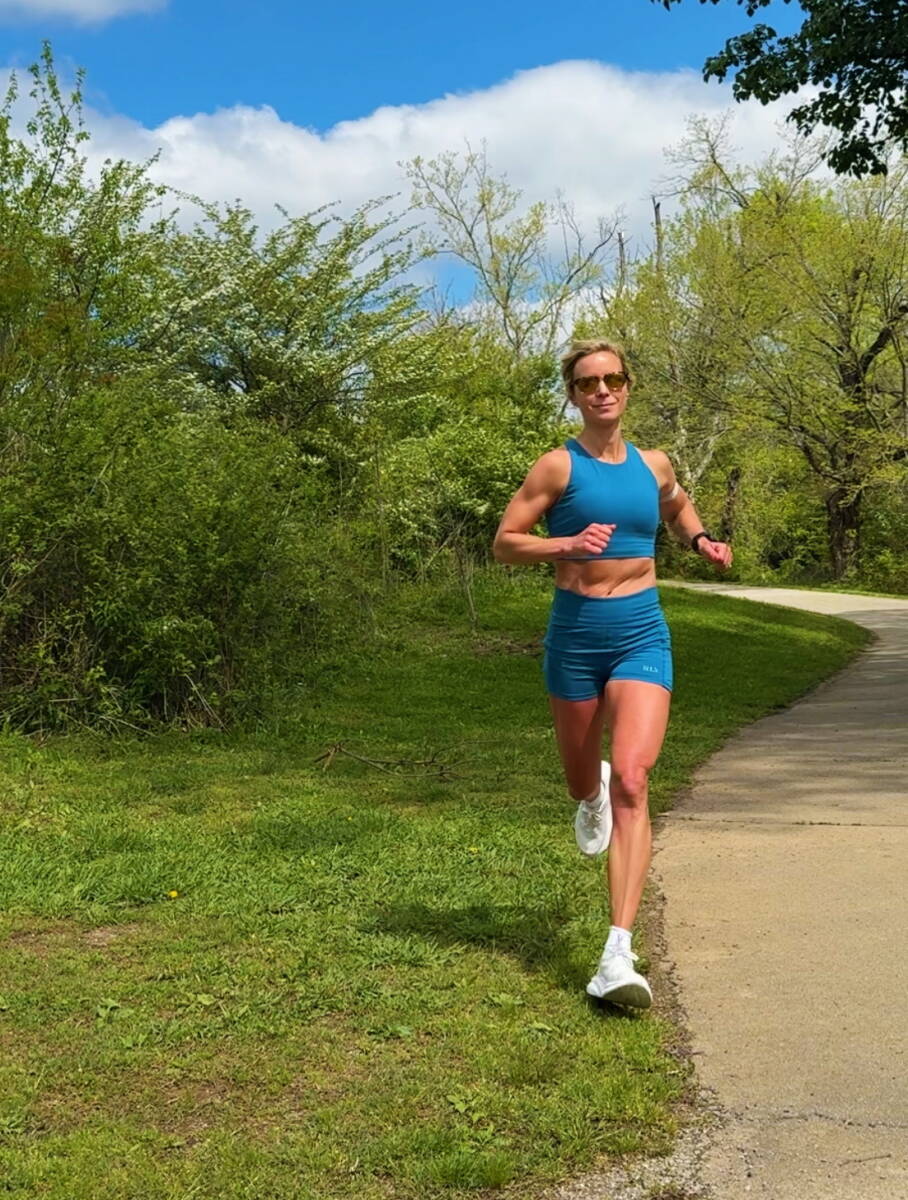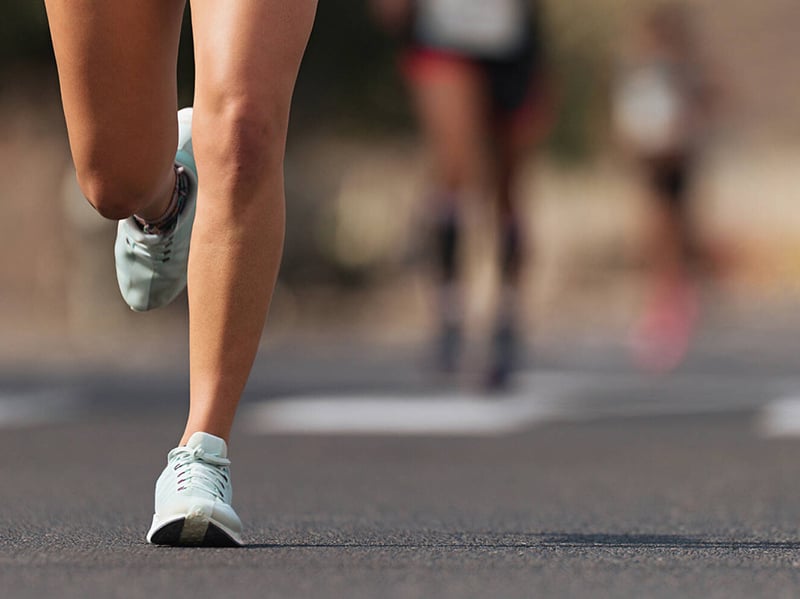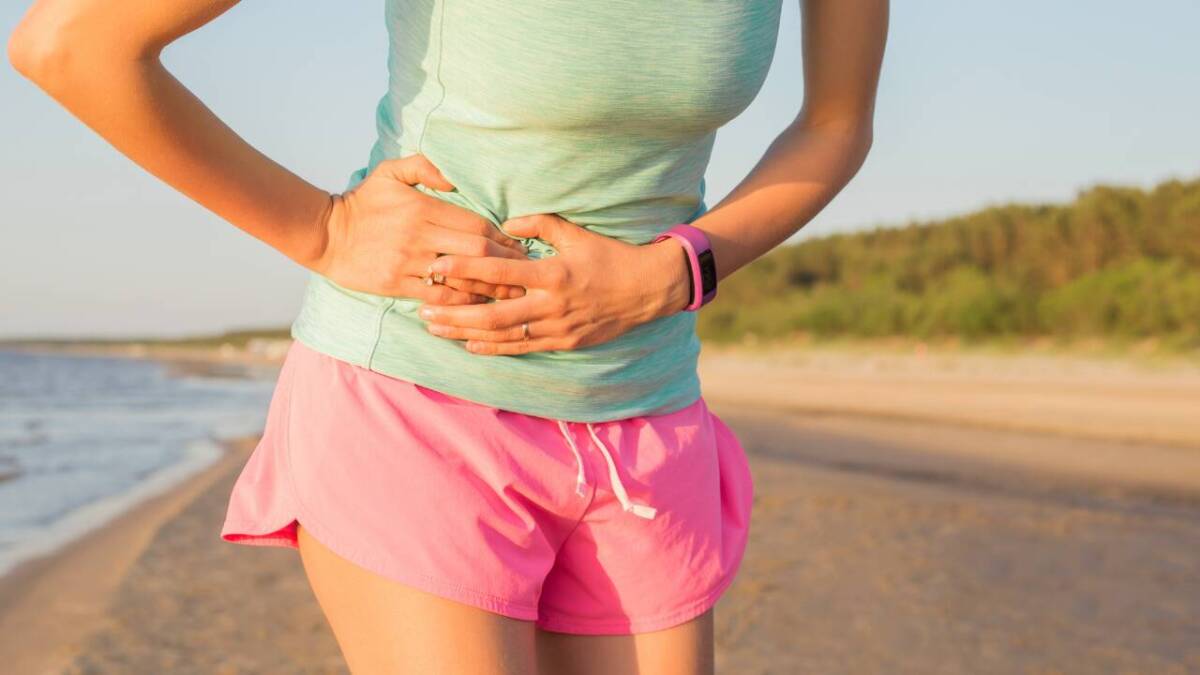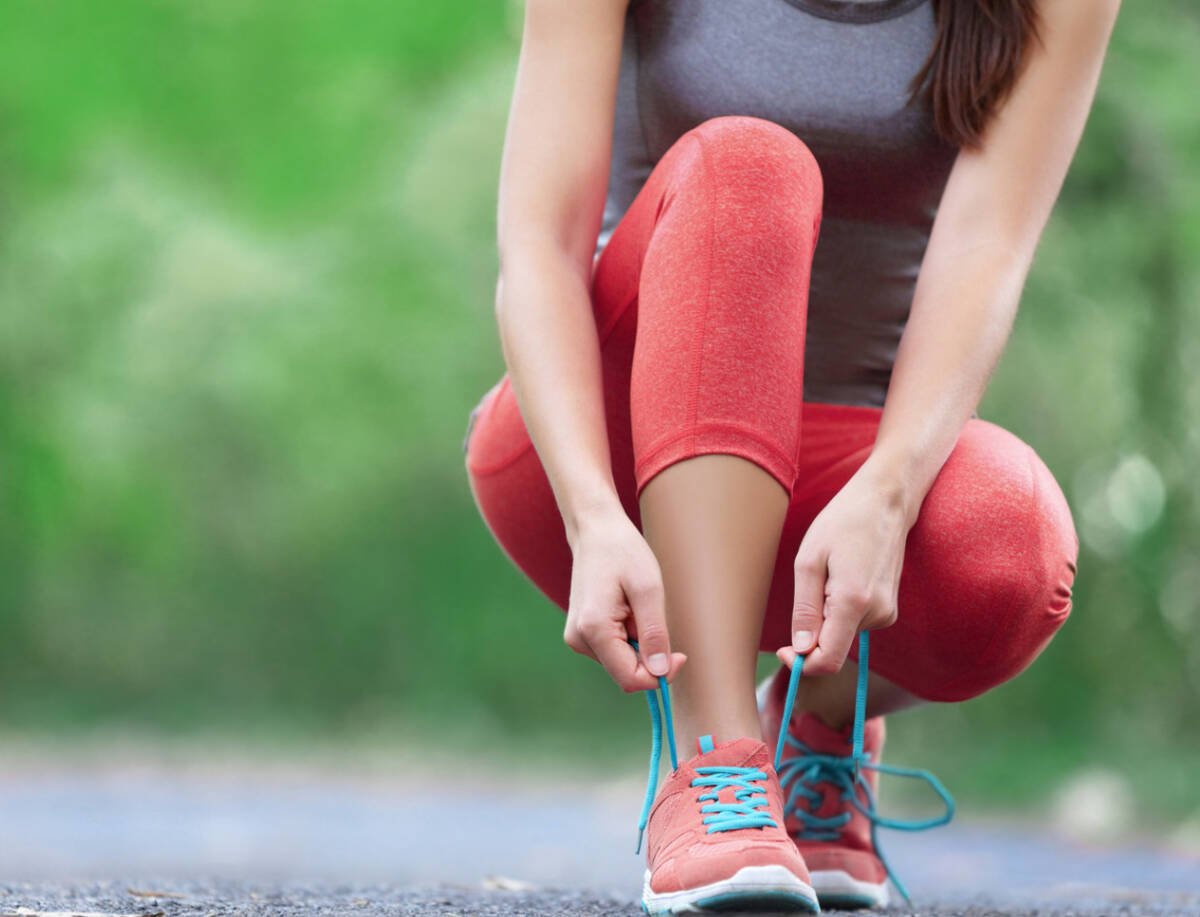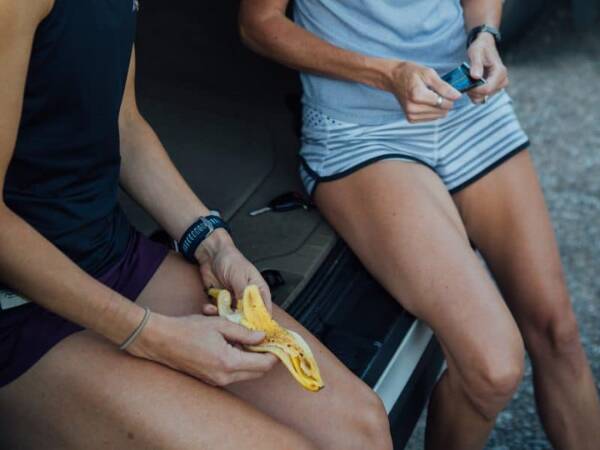What to Eat Before Your Marathon, According to an RD
It’s a fact many marathoners face, your nutrition is almost just as important as the running itself. This marathon season, I’ve had new runners and experienced runners ask me, what should I eat before my marathon?
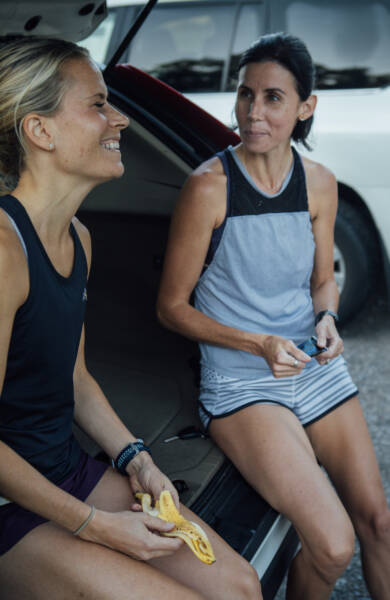
This question came especially as their corrals for big races like the New York City Marathon were released—with much later start times than their training long runs. So, I got with registered sports dietitian Megan Robinson to go over what to eat before your marathon, including the day before, night before, and morning of—with varying start times.
Because what you eat before your marathon could literally make or break your race and undo your hard work. The success of long-distance running hinges on how much fuel you have in your tank to cover the distance. Give your body the wrong fuel or wrong amount, and it could be game over for your marathon goals.
Table of contents
WHY should you eat before your marathon?
You need to eat before a marathon or any endurance event because your body needs fuel to run. The primary source of fuel (energy) for running is glycogen (carbohydrates). So, the goal of eating before a marathon is to stock your glycogen stores so they can give you the fuel you need to keep running.
What makes marathons tricky is that our bodies can only store about 500 grams of glycogen in your muscles and 80 grams in your liver which means we run out of our fuel stores within two hours of running. Every human on the planet except one will take longer than two hours to complete a marathon.
If you don’t have enough glycogen (or glucose) for your marathon, your body won’t have enough energy to get to the finish line. It will then prefer to use fat for fuel as its primary fuel source which takes much longer to convert to energy, requiring you to slow your pace. This is called bonking, or hitting the wall.
WHEN should you eat before a marathon?
Ideally, you eat your main meal (or breakfast) 3-4 hours before the marathon, and then a carb-based snack an hour before, says Robinson. This allows your body enough time to digest your food the morning of the marathon.
If that requires you to wake up too early race morning, at the very least, you should eat your breakfast two hours before the marathon. Some elites have been known to wake up to eat, then go back to sleep before their race.
Planning out your pre-race meal can be tricky if you have an especially early or late start time, as many running major marathons do.
Below is when to eat before your marathon based on your start time:
- 7 a.m. start time: Eat by 5 a.m. Take an energy gel 15 minutes before you get to the start line. If you eat at 4 a.m. Eat a snack at 6 a.m.
- 8 a.m. start time: Eat at 5 a.m. Eat a snack at 7 a.m. Take a gel 15 minutes before.
- 9 a.m. start time: Eat at 5 a.m. Snack at 8 a.m. Gel 15 minute before.
- 10 a.m. start time; 6 a.m. breakfast. Snack at 9 a.m. Gel 15 minutes before.
- 11 a.m. start time: breakfast at 7 a.m. Snack at 10 a.m. Gel 15 minutes before you line up on the starting line.
- 12 p.m. start time: breakfast at 8 a.m. Snack at 11 a.m. Gel 15 minutes before you line up.
WHAT should I eat before my marathon?
Runners want to eat about 150-200 g of carbohydrates with a little bit of protein and healthy fats before a marathon about 3-4 hours before their race. Then eat a smaller snack of about 50-70 grams of carbohydrates about 60-90 minutes before the race starts.
According to Robinson, here is what that might look like for a runner with an 8 a.m. race start:
- 5 am: 1st breakfast. Aim for 150-200 grams of carbs (more if you weigh more, read below). You can sip on the high carb beverage over the span of several hours and coffee or tea that you normally drink before race day.
- 7 a.m.: 2nd breakfast. Eat about 50-70 grans of carbs. Stop eating 30 minutes before race time.
- 7:45 a.m.: Last thing to do is to take an energy gel to top your glycogen stores.
*You can adjust this timeline to fit your race so that:
- 1st breakfast is 3-4 hours before your race time.
- 2nd breakfast (snack) is 60-90 minutes before your race time.
- Energy gel is about 15 minutes before the gun goes off.
RD: Food Ideas for What to Eat Before a Marathon
Now you know when to eat before a marathon. Now, here are ideas of what to eat before a marathon.
Your pre-race breakfast should be:
- High in simple carbohydrates
- Low in fat, protein, fiber, acid and grease to avoid taxing the digestive system
- Familiar and something you have practiced before
Here are some pre-marathon breakfast ideas (1st breakfast—150-200 g carbs) from Robinson:
What to eat 3-4 hours before the race
- Large deli plain bagel (60 g carb) + 2 T peanut butter (8 g carb) + medium banana (25 g carb) + 1 T honey (15 g carb) + high carb sports drink like High Carb Skratch (100 g carb) or Maurten 320 Mix (80 g carb)= 180-200 g carb
- Oatmeal: 1/2 cup raw oats (30 g carb) prepared with 1 cup milk (12 g carb) + 1/4 cup raisins (30 g carb) + 1 T honey (15 g carb) + 1 medium banana (25 g carb) + 1 T PB (4 g carb) + high carb sports drink (80-100 g carb) = 200-220 g carb
Here are some pre-race snack (2nd breakfast – 50-70 g carbs) ideas:
What to eat 60-90 minutes before the race
- 2 fig bars (40 g carb) + sports drink (20 g carb- like Skratch or Gatorade)
- 1 1/2 to 2 ounces of pretzels (30-40 g carb) + sports drink
- 1/2 plain bagel (30 g carb) with 1 T jam (15 g carb)= 45 g carb + sports drink
- A banana (27g) with a sports drink (35g)
- Two Honey Stinger waffles (42 g) with sports drink (35 g)
*you don’t need to eat this all at once but stop eating 30 minutes before race time
What should I eat the day before my marathon?
Aim to eat a total of 8 to 10 grams of carbs per kilogram of weight the day before your marathon. Eat the majority of these carbs at lunch.
Example: So, let’s say you weigh 140 pounds, that’s 63.5 kg. Let’s aim in the middle to get about 10 g carbs/kg. That’s 650 carb grams.
- Lunch the day before your marathon: Eat about 150-250 g of carbs.
- Dinner the night before your marathon: Eat about 50-150 g of carbs.
- Bedtime snack the night before your marathon is a good idea: Eat about 50 g of carbs (see list of pre-race snacks)
I share a complete guide with carb loading meal ideas in my Carb Load Guide here and marathon tips here.
Factors Affecting What to Eat Before Your Marathon
These are general guidelines. Certain factors such as body weight, pace, weather, and time you eat affect your breakfast before a marathon. Here is a closer look at these factors.
Bodyweight
The more you weigh, the more carbs you need for your marathon.
You want to eat 2-4 grams of carbohydrates per kg of bodyweight race morning, says Robinson. Therefore, the more you weigh, the more you eat.
Example: Back to our 140 lb runner. That means, she will want to eat around 200-250 g of carbs the morning before her race, including her snack. She can eat on the upper end of the ratio if she eats earlier (4 hours before her race, then top off with a snack).
Time You Eat
The earlier you eat, the more you can eat.
If you eat:
- Two hours before race time, aim for 2 grams of carbs per kilogram of weight.
- Three hours before race time, 3g/kg of weight.
- Four hours before race time, 4g/kg.
Weather
If it is going to be extra hot or cold (warmer than 60 degrees or colder than 30 degrees Fahrenheit, you will want to eat on the upper end of your carbohydrate intake ratio as your body will be working extra hard to regulate your temperature. You will likely be running longer as well. Be sure to take in extra electrolytes and salt your food.
See my full Hydration Guide for Runners here.
Pace
The slower you run your marathon, the more carbs you need. Therefore, slower runners need to aim to get up early and eat the upper end of their carb intake ratio.
Giving intentional thought to your nutrition strategy will pay dividends on the big day. I hope this helps! Do you have a typical race day breakfast you eat?

